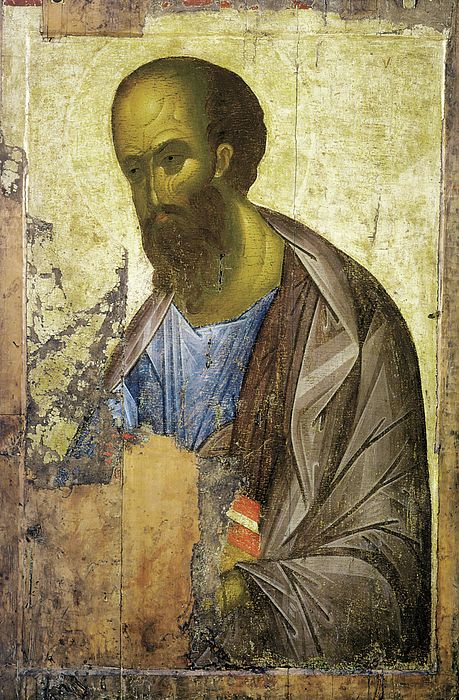This is not a democracy! Remember? I said that last week about the selection of the topic for my next series of blog posts. I am interested in what my readers would like to read but the final decision has to be mine.
I presented three choices and was greatly surprised by the results! Far and away, the most frequently requested topic was First Corinthians! I expected Genesis to be the most popular and Romans to probably be a close second. But I was wrong. Many MANY more readers are interested in First Corinthians than in either Genesis or Romans, combined! Which is not to say that I won’t write about Romans or Genesis in the future but I will bow to the pressure of popular, public opinion and begin a series of posts on the Apostle Paul’s first epistle to the Corinthians!
A few words to set the stage:
St. Paul evidently wrote at least four letters to the parish at Corinth; we only have two of them (1 Cor. 5:9, 11; 7:1). In 1st Corinthians, he says that he is writing in response to a letter they had already sent him. (Some people think that 2nd Corinthians is a mash-up of two separate letters, which means we have three of the four letters he sent.)
First Corinthians is the longest ancient Hellenistic (Greek language, culture, and style) letter that we have. Hellenistic letters were usually dictated to a scribe or secretary; they were often not read by the recipient, but the recipient listened to another secretary read the letter aloud when it arrived. They were not “signed” at the end; the author identifies himself at the beginning of the letter.
There were three typical styles of writing a Hellenistic letter. A forensic letter, which was about the past and aimed to move the readers-listeners to make a judgement; this was similar to a speech in court. A demonstrative letter was about the present and aimed to move the readers-listeners to assign blame or praise; this was similar to a speech at a funeral or a wedding. A deliberative letter is about the future and aims to move the readers-listeners to make a decision and act accordingly; this was similar to a speech in a political assembly. First Corinthians is written in the deliberative style, aiming to move the Corinthians to make some decisions and act accordingly.
In Hellenistic writing, a “friendly” letter was usually written by someone in a position of authority to those who owed him some kind of obedience or allegiance. First Corinthians is a “friendly” letter; St. Paul addresses the Corinthians as “my brothers and sisters” at least 20 times! So, this letter is a friendly, deliberative letter that wants the readers to behave in a way that fosters unity rather than division.
First Corinthians was written in approx. AD 59 while St. Paul was in Ephesus (Acts 20:31). It is one of the oldest New Testament texts that we have; there is a papyrus copy written in AD 200 in a museum near Dublin.
Next week: chapter one!




